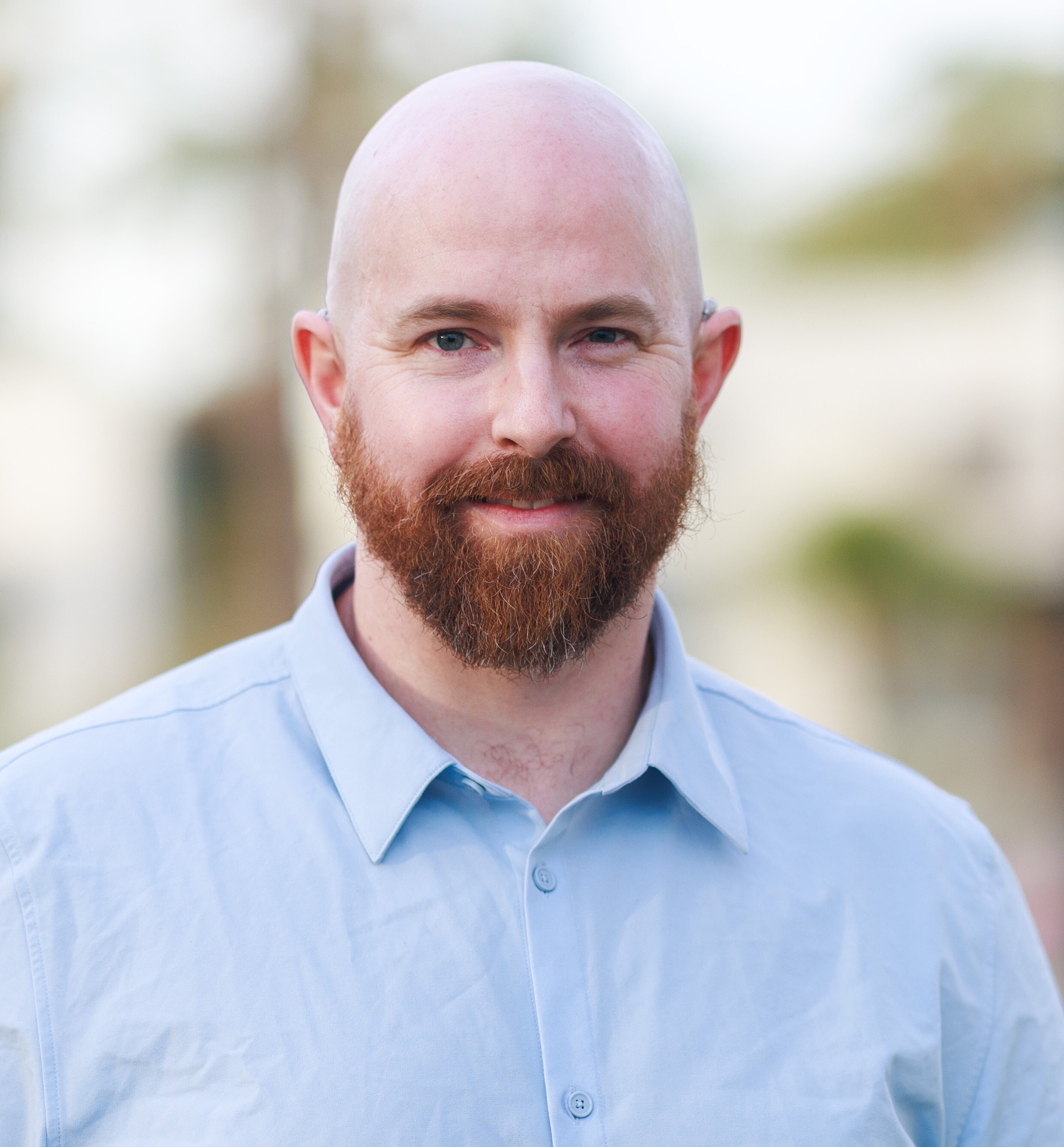…
Ballad Health, a 20-hospital system in the Tri-Cities region of Tennessee and Virginia, benefits from the largest state-sanctioned hospital monopoly in the United States. In the six years since lawmakers in both states waived anti-monopoly laws and Ballad was formed, ER visits for patients sick enough to be hospitalized grew more than three times as long and now far exceed the criteria set by state officials, according to Ballad reports released by the Tennessee Department of Health.
Tennessee and Virginia have so far announced no steps to reduce time spent in Ballad ERs. The Tennessee health department, which has a more direct role in regulating Ballad, has each year issued a report saying the agreement that gave Ballad a monopoly “continues to provide a Public Advantage.” Department officials have twice declined to comment to KFF Health News on Ballad’s performance.
According to Ballad’s latest annual report, which was released this month and spans from July 2022 to June 2023, the median time that patients spend in Ballad ERs before being admitted to the hospital is nearly 11 hours. This statistic includes both time spent waiting and time being treated in the ER and excludes patients who weren’t admitted or left the ER without receiving care.
This is a relevant line:
In the six years since lawmakers in both states waived anti-monopoly laws…
This is inexcusable.
I live here and it sucks. Most of these hospitals are small and there’s only a few large ones that handle everything. My friend had a heart attack a few weeks ago and was in the ER hallway almost 24 hours before a room opened up and she could be admitted. The staff itself was great but UGH yes the wait times are awful at the main hospitals.
The weird thing is this is the exact argument many people give for socialized medicine: the wait times. “Imagine if the hospitals were run with the efficiency of the DMV. A,trak, or the Post Office,” meant as a negative slant. “Imagine if FedEx was the only game in town, and to mail letter was $10, and to receive mail and packages was a $25/mo service charge, plus fees for every item delivered.”
God I wish hospitals were as good as those. You either make an appointment online or walk in, depending on what you need, get it done, pay a small fee, and go home. And with those services all the fees are published for you to review ahead of time. You go to the hospital, you’re going to get hit with mystery fees from seven different directions. The room you sat in, the RN that took your vitals, the MD you saw, the machine that took your x-ray, and the radiologist to look at the picture are all going to get billed separately.
The last time I was at the DMV a few months ago I set up my appointment online and didn’t wait at all. I’d grabbed the wrong document type so the clerk scheduled me for 30 minutes out and I drove home and back again and got my license updated with no waiting involved despite having made an error on my part.
My parents still live in this area and have emailed me non stop about this since the beginning.
They live in a county that HAD two large hospitals. Both got absorbed by this cancer. One got shutdown.
All their ‘old’ reputable doctors took retirement when Ballad took over. Any younger doctors were forced to join Ballad or GTFO of town. Ballad had not only a monopoly on the heath care but if you were in any sort of field related (say you were an eye doctor) and you had your own practice but you occasionally went to the hospital to see patients - you were no longer allowed in the hospital unless you joined Ballad.
Basically you were blackmailed to joined these assholes or else. I found this out from some friends who stayed in the area and joined the medical field.
Seriously, the fact TN allowed this shit to pass just irritants me to no end.
You might be dying in an under-served ER controlled by shady commercial interests, but it should make you proud that as an American you aren’t suffering through the horrible nightmares of socialized medicine. This is probably one of the most patriotic ways to die.
deleted by creator
I wonder, would socialized medicine more closely resemble a monopoly, or a competitive marketplace?
Neither since it’s not run for profit. Are state parks a monopoly or a competitive marketplace? What about playgrounds? What about the ocean?
State parks resemble a monopoly, so do playground, and not the ocean.
Do you understand how or should I chew this for you?
It would be kind of fucked having a state run healthcare provider competing with itself, no?
Does that mean the state run healthcare would more closely resemble a monopoly? ie the scenario that produced this drop in service quality?
Resemble a monopoly, yes, in the way a horse resembles a zebra. They might look similar but are decidedly different. Let’s break it down.
Private care monopoly: having no competition to lose business to, cuts corners as much as possible, maximizing profits while degrading quality of service. Can be ostensibly held to standards of care by local authorities but, being the only option, can often tell them to piss off.
Socialized hospital: being neither beholden to shareholders nor having a profit motive, has no financial incentive to cut corners provided the hospital is adequately funded. Funding is often contingent on achieving standards of care. Government can step in and reform underperforming facilities.
Given your previous replies, I suspect I’m going to regret this comment, but I’m feeling like rolling the dice.
Socialized hospital:
being neither beholden to shareholders nor having a profit motive
True. Let’s see how that plays out
has no financial incentive to cut corners
Unless there is anyone anywhere ever watching the budget. I’ve known government employees. They are cost conscious.
provided the hospital is adequately funded
la la land
Funding is often contingent on achieving standards of care
So a rough approximation of the free market’s natural incentives, except based on a central auditing committee instead of crowdsourced decision-making. So almost as good a system as a free market. Almost.
Government can step in and reform underperforming facilities.
Markets do this too. They do it faster, better, and with less coercion.
That’s a lot of words and quotes when it would have been a lot faster to simply say:
“I am unable to contradict anything you said without pulling points out of context, completely disregarding others, and (my favorite of all) ending with a point that not only has been contradicted multiple times elsewhere, but is directly, stunningly contradicted by the very article we are commenting about.”
Thanks for the laugh, mate. You yanks are drowning in your kool-aid while screaming at anyone offering help that you’re Olympic swimmers.
deleted by creator
Monopoly implies market. Healthcare isn’t a commodity to everyone who’s not a capitalist pig.
An enforced monopoly isn’t a free market, as buyers have no choice but to buy from a particular seller.
The word free is a key component of the concept of a free market.
A “free market” is an idealist concept for something that can not exist in the real world under capitalism. In a system where resources are distributed based on capital, and resources themselves are capital, oligopolies and monopolies are logically inevitable and the market is never a level playing field.
The reality is that many goods and services have poor elasticity or are inelastic. A “free market” completely falls apart when it meets such variables. This includes healthcare – there is no economic incentive for the owning class to keep prices as low as possible, as people need healthcare and many times people will die without it. The way to make the most profit in that situation is for businesses in an area to simply make prices as high as legally possible and bury patients in debt, or for businesses to collaborate on price, etc.
This is doubly true when considering that people often don’t have a choice as to where they go to receive healthcare in many scenarios, there is no “just go to a different hospital” or “just get an ambulance from a different provider” or even “stop going to the only doctor in your area and instead drive 2 hours away whenever you want to go see one, and you have to have a car to do that”. So even in the completely unrealistic fake scenario that healthcare providers would otherwise have an incentive to “compete” on lowering price, this fact alone almost completely topples that. There is little to no choice a majority of the time.
People like to think of a “free market” but in real life the most profitable thing to do often times isn’t a good outcome for consumers. Just look how fucked up privatized rail caused transport in the US to be. And look at the healthcare system… which has sucked ever since it was a market. And look at the parking meters in Chicago. The complete and utter failure of those systems isn’t caused by “we regulate it too much”. Public services becoming private just causes them to become anti-consumer.
This isn’t healthcare-exclusive, but healthcare is so important and the system is so abusable that it must be owned by the public for society to be functional. A system where basic necessities aren’t commoditized is the only solution to make sure people have free access to basic necessities.
Also you fail to consider that monopolies and oligopolies come from somewhere. That somewhere is the “free market”. They didn’t just spontaneously pop into existence because of big government or whatever, they came into existence because of the lack of regulation and still exist because of there being extremely poor regulation. It is just a fact of the capitalist free market that people with more capital than others have the capacity to gain more capital, and people with less capital are prone to lose capital. There is no system that isn’t heavily regulated that consistently prevents a minority of entities in a market from accumulating a majority of resources over time. Corporatism emerges from free markets, and there is no solution short of extreme regulation for the problem (although the ideal solution is to just publicize all necessities and services important to the general population outright)
“It depends”. In a single payer scenario like they have in France, hospitals are private but patients are not forced to use a specific hospital chain because that’s the only provider that their insurance covers. The government acts as a counterbalance to try to keep prices low since they are the ones paying, and to keep quality higher since that’s another way of reducing cost for the outcome. A private vertical insurance/provider is incentivized to increase prices and reduce quality to improve profit.
Competitive marketplace, because very few people, if anyone, are arguing for the prohibition of private medicine such as cosmetic procedures. Or even “concierge care”.
The Tennessee health department, which has a more direct role in regulating Ballad, has each year issued a report saying the agreement that gave Ballad a monopoly “continues to provide a Public Advantage.” Department officials have twice declined to comment to KFF Health News on Ballad’s performance.
The “advantage” is money and profits at the expense of the members of the public. So taking advantage, not public advantage.
For profit healthcare is a bane on society. Health shouldn’t be profit driven.
You know the worst part about BalladHealths creation?
The federal government FTC blocked it, so then they paid off senator Rusty Crowe to draft a law specifically just for BalladHealth so they could take over with “local” oversight through some bullshit called a “COPA” (which is apparently not being followed at all)
BalladHealth should not fucking exist
Thanks for the links. I like reading stories like this when someone more familiar with the situation can fill the rest of us in a bit more.
From an article linked in the second reference you give:
The merger was profitable for Levine [Ballad CEO] too. His total compensation has nearly doubled to about $4.3 million since the merger, including some deferred retirement payments, according to reports filed with the IRS. Prior to Ballad, Levine worked as a high-level health official in Florida and Louisiana and was an executive at two larger hospital corporations, HCA Healthcare and Health Management Associates. Federal prosecutors accused both companies of widespread health care fraud during some of the years when Levine was one of their leaders, claims the companies denied but later paid hundreds of millions of dollars to settle.
Nothing to see here…
But then there is this:
Nationwide, the COPA model is uncommon but gaining momentum. COPAs have been used in about 10 hospital mergers over the past three decades, including two in Texas and one in Louisiana in just the past three years, and another is being proposed in Indiana. Nineteen states have laws on the books allowing for COPAs, although not all have approved a specific merger…
“Our critics say, ‘No Ballad. We don’t want Ballad.’ Well, then what?” Levine said. “Because the hospitals were on their way to being closed.”
So what do we do about this? This seems to go back to red states being propped up financially by blue states. By nature of population and development, that seems to be the order of things, and I don’t mind that in general principal. It seems like nationalized healthcare would allow quality hospitals to exist in unprofitable areas, just like post offices don’t go out of business there. But if people there keep voting for reps that keep going on about “socialism evil!” how do we get these people care? In a capitalist system, how do we force businesses to provide service when it is unprofitable, leaving only unscrupulous people to provide those services like slumlords of healthcare?
It really sucks and I feel bad for the people affected, but what can really be done since it seems that is the path they choose?
Tennessee governance at its finest.
Literally, it’s the best these chuckleheads can do
Living below the mason dixon line is like gambling with your life and freedom to such a degree I won’t even visit down there.
One company that bought up most of the hospitals and small practices just up and decided to move out of the area, fire thousands of people and NOT sell the hospitals to people that put in offers. They DIDNT work with the cities they left. They sent a piece of mail to me letting me know I had 30 days to get prescriptions from my PCP and that I wouldn’t get any more. Now I have to find a new doctor… While working full time during the hours of doctors… While hoping to God my ADd meds last until I get a new doctor. They didn’t even pretend to try to work with anyone in the area on this. They don’t give a fuck about the people. This is not an industry that should be ran by corporations.
One of the hospitals they are closing is jam packed, filled to the brim every day. How the fuck is it legal for them to just up and leave without working on a plan to slowly leave the area or transition to another company?
I worry about Mayo Clinic sometimes. Centralization is good, but only when that entity isn’t for-profit.
of all the places to not have easy access to healthcare…
As a Tennesseean:
Lol, sucks to suck, rurals
If people took personal responsibility the half a remaining ER wouldn’t be so over run! Really it’s very efficient and people just aren’t giving credit where it’s due. Just look at these charts of irrelevant numbers!

Well that really sucks for me too.
Breakdown of free market leads to worse service. More shocking developments at ten.











